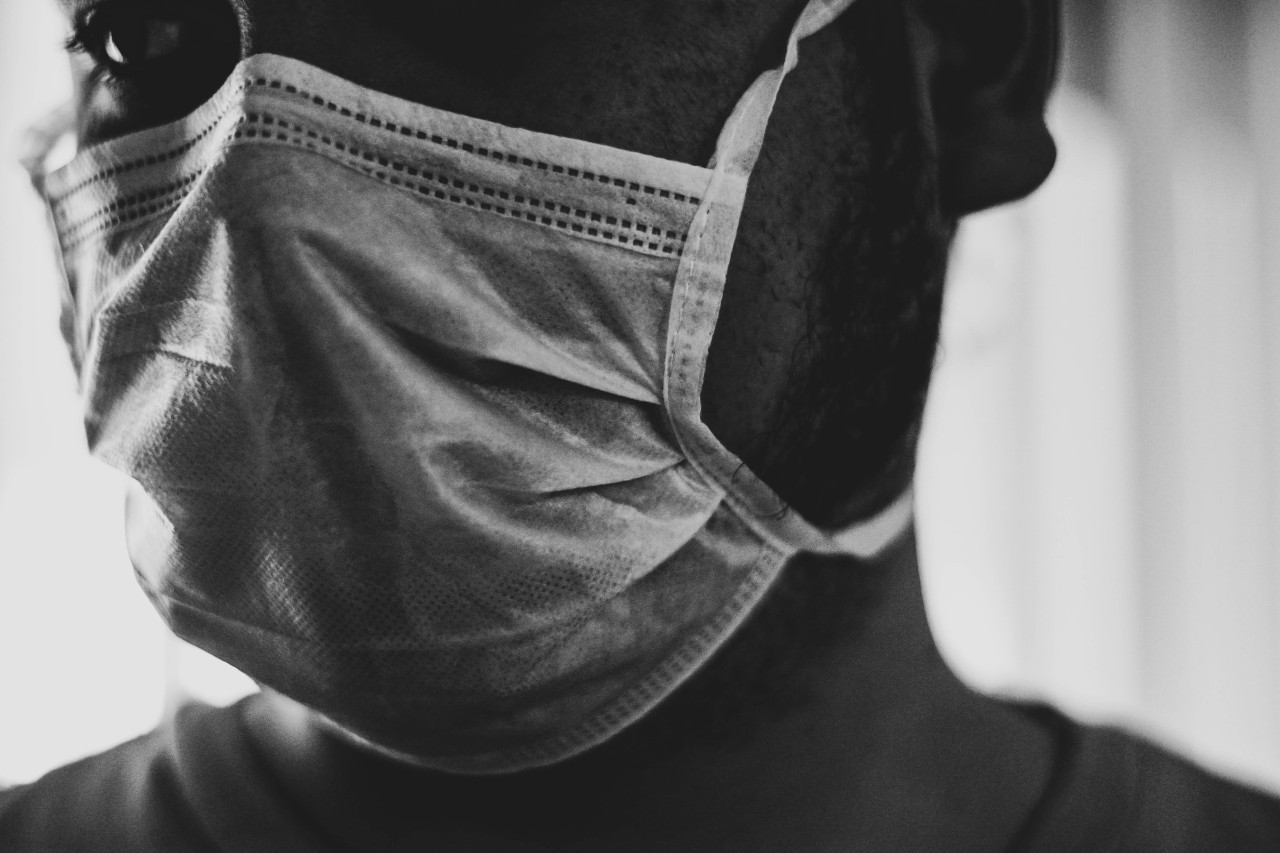A Tilt in the Labor Force Landscape
High numbers of COVID-19 cases continue to be reported and recorded globally with recent spikes in positive cases indicating an increase in infections in the African continent.
Recent studies show that the impact and spread of the COVID-19
virus have aggravated by high levels of poverty, weak health infrastructure, lack of/poor access to basic services such as clean water, hygiene and sanitation as well as overpopulated informal settlements.
When these numbers were first reported, governments went into a frenzy to establish measures to curb and manage the spread of the virus. Some of the measures include closure of public spaces like schools and social places (restaurants, night clubs and bars), dusk-to-dawn curfews, limited movement in places with reported cases, sensitization drives on basic hygiene practices and social distancing.
These measures however, have been reported to negatively impact societies and economies. An increase in job losses in various sectors (both formal and informal) have been witnessed as a result of lay-offs resulting from closure of businesses and low profits and income. Research indicates that at least 20% of employees lost their jobs in the East and Horn of Africa
during the COVID-19 pandemic.
Measures like curfews and limited movements have rendered many roles redundant resulting in job losses, temporary lay-offs as well as unpaid leaves.
The loss of livelihoods therefore points to a likely surge in poverty levels which might be an even greater challenge for economies and people to regain and recover. This may therefore result in a surge in many other forms of crime unless governments, private sector and donor community develop and deploy strategies to tackle the situation.

